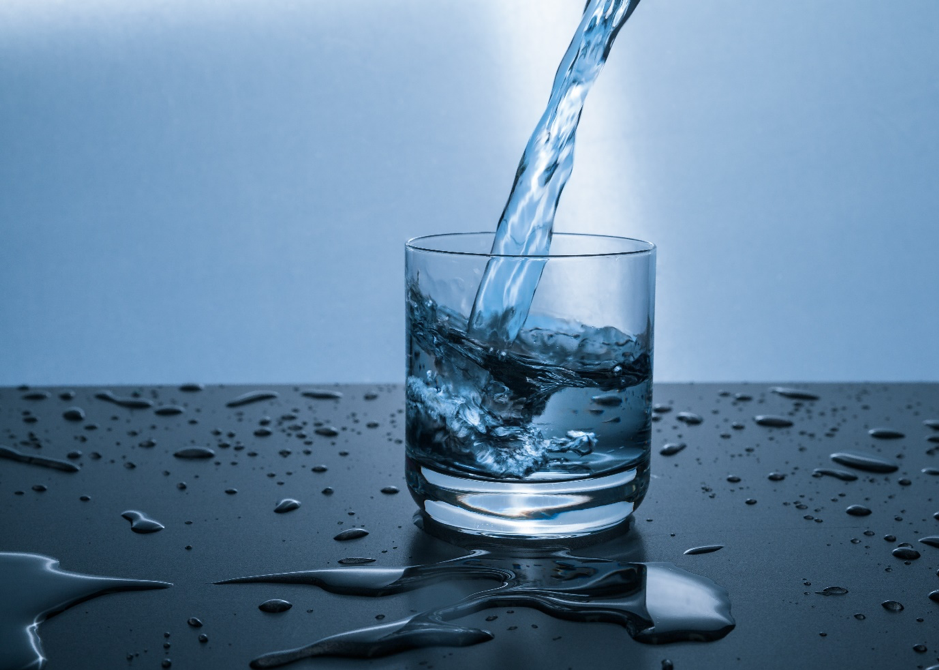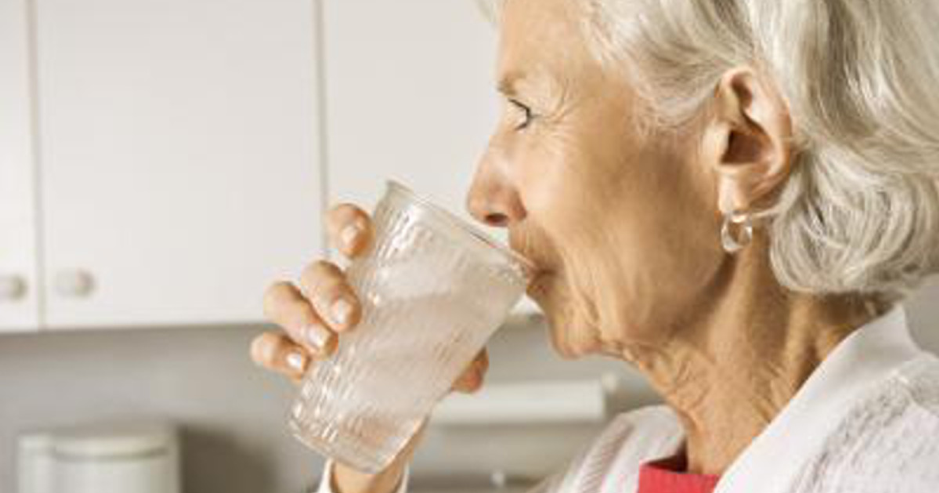The Signs of Dehydration in the Elderly and How to Prevent it
22 July | By Irene Amarante

For most of us, the long, warm summer days mean barbecues, picnics, beaches, and cool drinks in the evenings. However, as the heat rises, and we spend more time outdoors the risks of dehydration increase exponentially.
More time in the sun and a lack of fluid intake can be dangerous for us all, but it poses a serious, and even fatal risk to the elderly.
Why Are the Elderly More Vulnerable?
Simply defined, dehydration begins when the body loses or uses more fluid than it takes in and decreases its ability to function correctly.
There are many reasons why older individuals might be more vulnerable to disparities in electrolyte and fluid levels, but the main factors for dehydration in older people are:
• Decreased Muscle Mass – this is important because muscles are a key part of water retention. This is why a common side effect of dehydration is muscle cramps.
• Declining Kidney Function – kidney function declines as individual ages; this decreases the body’s ability to retain fluids and react to changes in temperature.
• Less Thirsty – as we age our sense of thirst also begins to decline, thus when an elderly person actually begins to feel the need for fluids they may already be starting to dehydrate.
• Medical Conditions – some medical conditions may impact someone’s ability to retain fluid too. Dementia patients for example, may forget to eat and drink and may experience dysphagia – a common side effect of the illness – which makes swallowing difficult.
• Medications – medications such as corticosteroids, antipsychotics, and allergy meds among others are capable of increasing urination leading to depleting fluid and electrolyte levels.
Signs That an Elderly Person is Dehydrated
Although dehydration is associated with the summer months, it can happen any time of the year. As such, here are a few signs that your loved one is in the early stages of dehydration:
• Dry Mouth
• Thick Saliva
• Muscle Cramps
• Headaches
• Weakness/Fatigue
• Trouble Sleeping
• Infrequent Urination
• Dry Skin
If the signs above are not identified early on, they could be severe enough to cause brain damage and death. Severe symptoms could be:
• Rapid Heart Rate
• Decreasing Blood Pressure
• Sweat or Tears Are No Longer Produced
• Sunken Eyes
• Confusion
• Seizures
• Bloating
• Severe Impairment of Kidney Function
If dehydration has reached this stage, then fluids may longer be enough to correct the fluid imbalance and the person must be taken to hospital immediately.
How to Help the Elderly Stay Hydrated

Push Fluid Intake – One way to encourage elderly people to continue to consume fluids is to ensure they have liquids around them at all times. Fill up water bottles and keep it next to their chair or their bed. If they don’t enjoy plain water, fill an infusion bottle, and add fruits such as berries and citrus fruits. Adding some coconut water is also a good way to maintain electrolyte levels.
Discourage Caffeine, Sugary Drinks or Alcohol – Consuming too many fizzy drinks, or too much coffee or alcohol speeds up the dehydration process because it exacerbates the diuretic effect, which leads to dehydration.
Leave Out Breathable Clothing – Materials such as cotton and linen allow the body to manage heat properly. Polyester, acrylic, wool, and nylon can suppress the body’s ability to sweat and regulate body temperature.
Balanced Diet – Although, as we all know, a balanced diet is essential for everyday life; this becomes more important during warmer weather. Excellent foods to push during these times are water-based fruits and vegetables such as watermelon, grapefruit, berries, peaches, cucumbers, tomatoes, and lettuce. Foods with high fat, oil and salt content can increase thirst as they can impact fluid balance in the body.
Move Quickly – If you notice that an elderly person in your care is beginning to show one or more of the early symptoms of dehydration above it is crucial to move as fast as possible. Ensure they drink water, or even something like coconut water or an isotonic sports drink to replenish electrolytes as quickly as possible.
Understanding Medications – As we talked about above, some medications can mean that an elderly person can become dehydrated more quickly. Be aware of what medication they’re taking to ensure that you can be on hand to increase fluids where necessary.
Takeaways
Now the temperatures are increasing; naturally, outdoor activity does too. Dehydration can become a problem for any individual of any age, but this is especially so when it comes to the elderly.
In this blog we’ve covered some important signs you need to be aware of and how you can help to prevent dehydration when it comes to older family members.
If you have any questions about how we manage hydration and nutrition or are interested in any of the services we can provide, do not hesitate to contact us today.

















